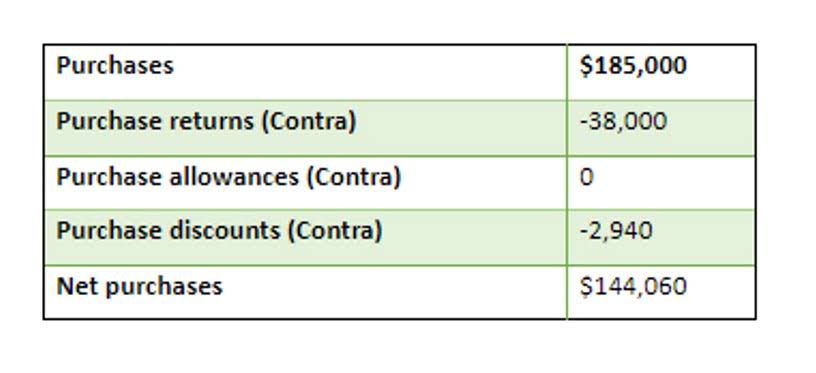Accounts Payable Debit or Credit: What is a Normal Balance?

Bad debt refers to loans or outstanding balances owed that are no longer deemed recoverable and must be written off. An interest-bearing note is a promissory note with a stated interest rate on its face. This note represents the principal amount of money that a lender lends to the borrower and on which the interest is to be accrued using the stated rate of interest. So, when an organization has expenses and losses, it will typically owe money to someone. For example, you can usually find revenues and gains on the credit side of the ledger. For example, the accounts receivable account will usually have a positive balance.
- While the term may sound familiar at first glance, mastering the concept behind normal balance is essential to upholding the accuracy of financial statements and adherence to accounting standards.
- The normal balance can be either a debit or a credit, depending on the type of account.
- The fluctuations of the market rate (the interest rate investors are able to get in the market) makes a bond more or less attractive.
- Conversely, if the business pays a vendor for services rendered, the Accounts Payable account, a liability, would be debited to reduce the amount owed, as liabilities have a normal credit balance.
- Conversely, when the company makes a payment on its account payable, it records a debit entry in the Accounts Payable account, decreasing its balance.
- The invoice is received by the accounts payable (AP) department of the company, marking the conclusion of the invoice management process.
- Each time a company purchases goods or services on account, it records an accounts payable liability in its books of accounts.
Accounting for Bonds Issued at Face Value
The normal balance for asset and payable normal balance expense accounts is the debit side, while for income, equity, and liability accounts it is the credit side. Lastly, we discussed the concept of normalizing entries in accounting, which involve adjustments made to financial records to remove abnormal or non-recurring transactions or events. Normalizing entries help provide a more accurate picture of a business’s ongoing operations, correcting for one-time events, seasonal fluctuations, extraordinary items, and accounting errors.
Equity

Each vendor invoice is routed to accounts payable for processing. After the invoice is verified and approved, the amount will be credited to the company’s Accounts Payable account and will also be debited to another account (often as an expense or asset). As is expected for a liability account, http://srv79389.seohost.com.pl/2023/08/08/small-business-bookkeeping-services-and-accounting/ Accounts Payable will normally have a credit balance. Hence, when a vendor invoice is recorded, Accounts Payable will be credited and another account must be debited (as required by double-entry accounting).

Examples of Accounts Payable

Therefore, salaries and wages payable are considered as payments that need to be made to the employees of the company in order to make sure that the company settles these accounts. Normal balances ensure financial records are accurate and reliable. They show bookkeepers and accountants where to record transactions.
Understanding Normal Balances in Accounting
- This reflects the monetary amount for products or services from the suppliers that a company has received from one of its suppliers, but has not paid for it yet.
- The accounts payables are noted as liabilities in the balance sheet.
- For example, a contra asset account such as the allowance for doubtful accounts contains a credit balance that is intended as a reserve against accounts receivable that will not be paid.
- It is not a comprehensive resource for bonds and the accounting treatment of specific bond transactions.
- With that said, the formula for the projected accounts payable balance using the company’s days payables outstanding (DPO) assumption is as follows.
- An unexpected debit balance in accounts payable could signal a data entry error, an overpayment to a supplier, or a unique circumstance.
- Accounts like Cash, Equipment, and Inventory have a debit balance.
However, Sales Forecasting oftentimes, businesses will end up with a plan that’s more… Without proper management of cash flow, a business simply cannot survive. In this blog, we will explore what cash flow forecasting is, why… Double Entry Bookkeeping is here to provide you with free online information to help you learn and understand bookkeeping and introductory accounting.

